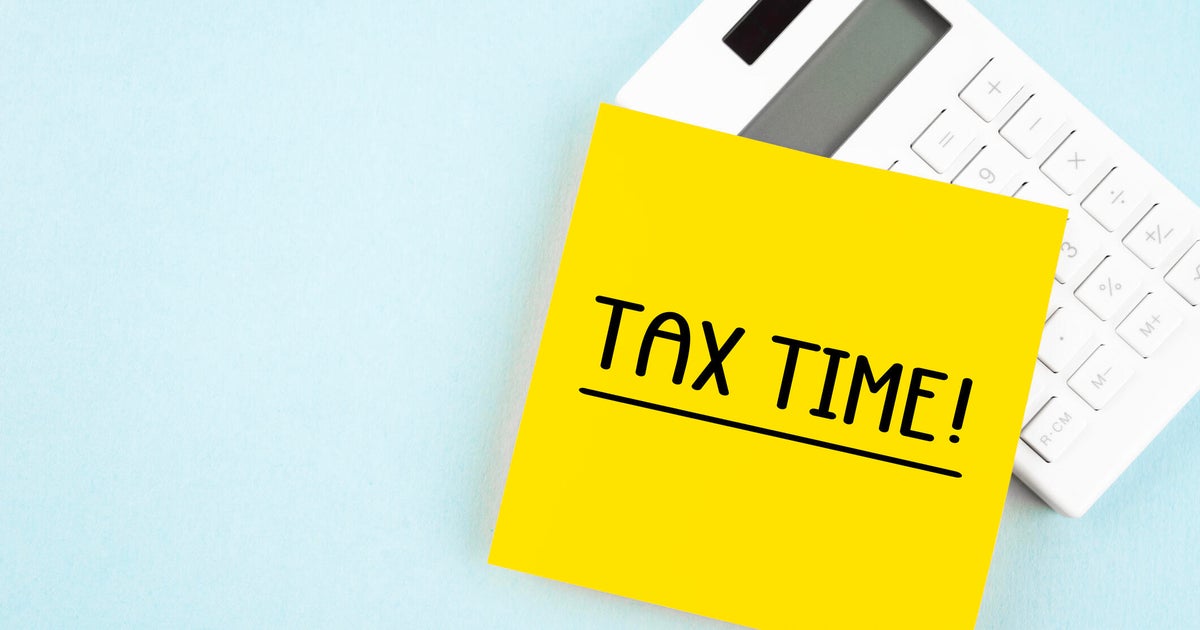Can you lose money in a CD?
In general, certificates of deposit (CDs) are a low-risk way to grow your savings. However, that doesn't mean they're 100% risk-free. As with any financial product, it's important to know potential drawbacks so you can get the most for your money.
In this article, we'll explore the risks associated with CDs and how you can take steps to minimize them.
Check out current CD rates here to see how much more you could earn on your savings.
Can you lose money in a certificate of deposit?
Generally speaking, CDs are a safe place to put your money. But you should still keep the following things in mind when opening one.
FDIC insurance
Always make sure any bank you open a CD with is FDIC-insured. This federal deposit insurance protects funds up to $250,000 per account per bank, so even if the bank fails, your money will be safe. You enjoy the same protections if you open a CD with an NCUA-insured credit union. Explore your CD options online now!
Early withdrawal penalties
One way you can lose money in a CD is by withdrawing your funds before the term ends. Most CDs have early withdrawal penalties, which can be steep depending on the length of the term and the amount of your deposit.
For example, a one-year CD may have a penalty equal to three months' interest, and a five-year CD may have a penalty equal to 12 months' interest. These penalties can eat into your principal and reduce your overall return.
To avoid early withdrawal penalties, make sure you can afford to leave funds in a CD until it matures. If you might need the money sooner, consider a no-penalty CD. These types of CDs may not earn rates quite as high as longer-term CDs, but they're still competitive and allow you to access funds early without incurring fees.
Interest rates fluctuations
Another way CDs can potentially lose value is through interest rate changes. CD rates are set when you open the account, and they're fixed for the duration of the term. If interest rates rise after you open a CD, you won't lose any of your original deposit, as you might if you invested in something like stocks. However, you could miss out on additional earnings.
To minimize interest rate risk, consider investing in shorter-term CDs or laddering several CDs that mature at different intervals. This way, you can take advantage of rising interest rates and ensure regular access to your funds.
Start your search for the right CD by viewing today's offers here.
Inflation
Inflation erodes the purchasing power of your money over time, and if your CD's interest rate isn't keeping up with inflation, you're essentially losing money. For example, if your CD earns a 2% annualized return but inflation is running at 3%, you're actually losing 1% of your purchasing power every year.
To combat inflation risk, open a CD when rates are high to lock in a better rate or opt for a longer-term CD, which often has a higher rate than a short-term one. This can help you hedge losses from inflation.
The bottom line
While CDs are generally considered low-risk investments, there are still ways you can lose money in them.
It's important to be aware of the potential risks and take steps to minimize them, such as avoiding early withdrawal penalties, creating a CD ladder and opening an account when rates are high. By doing so, you can make the most of your CD investments and achieve your financial goals faster.




